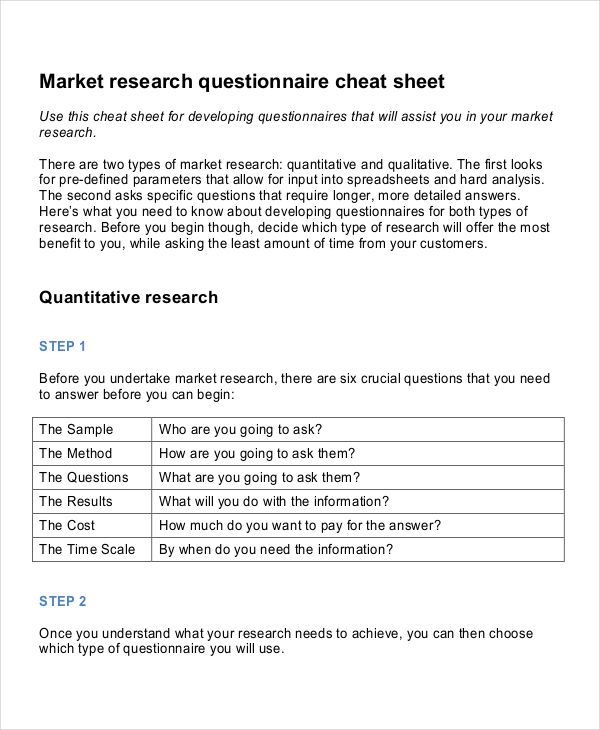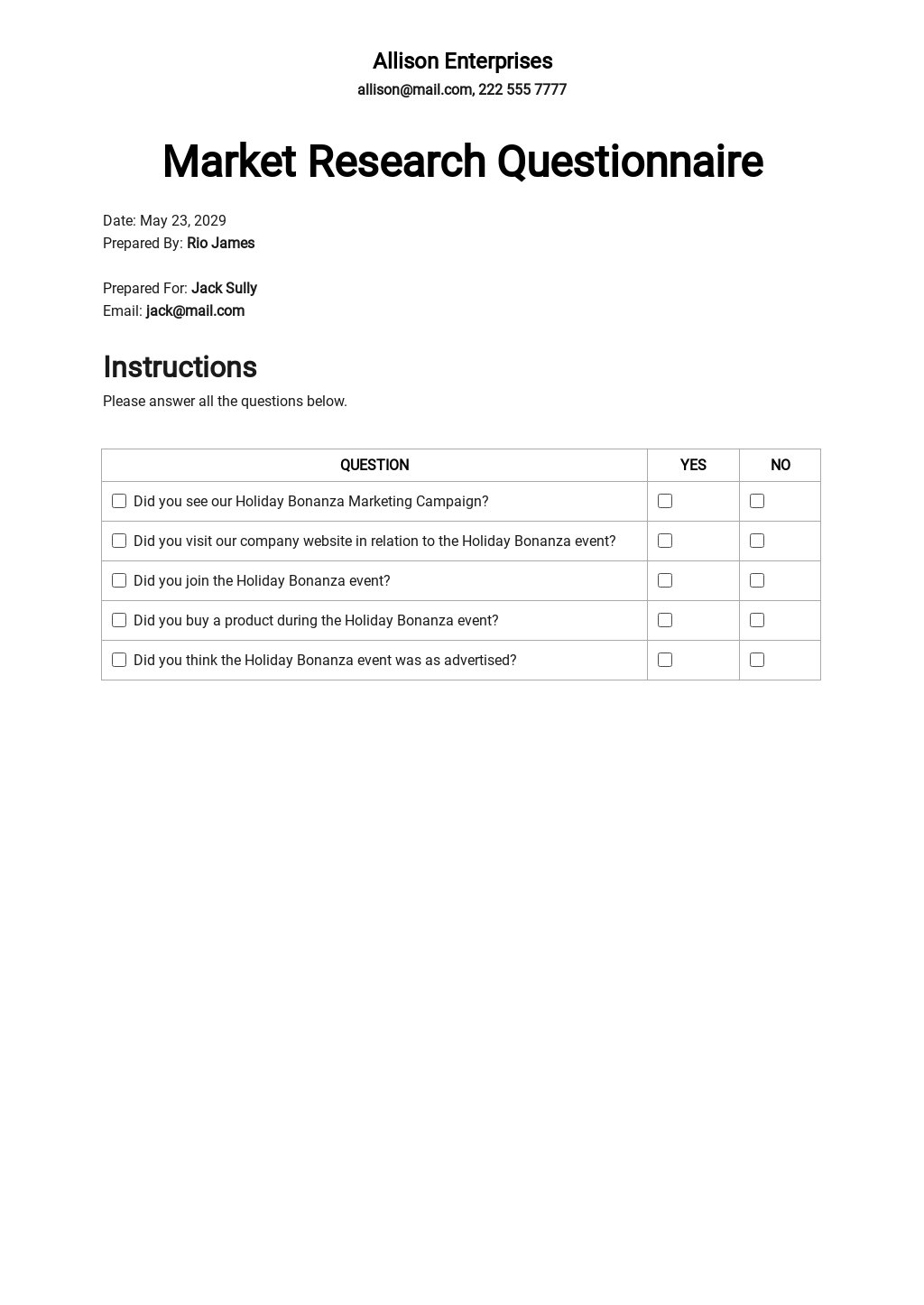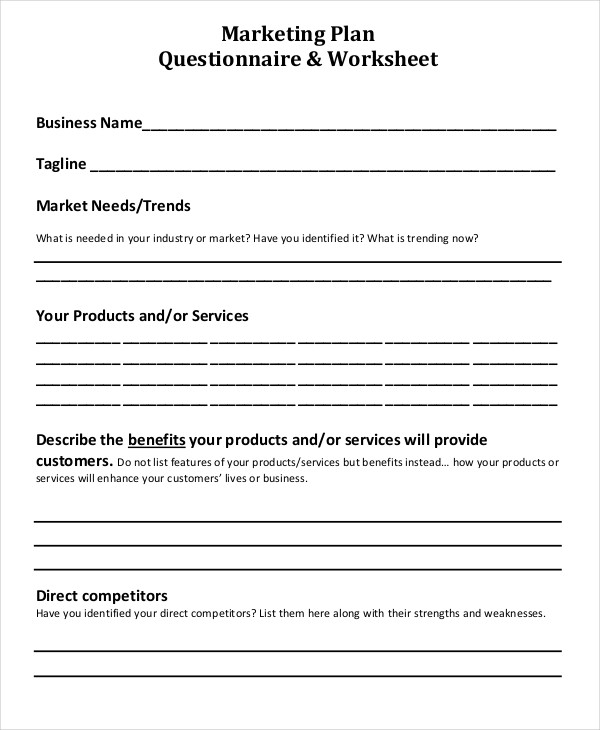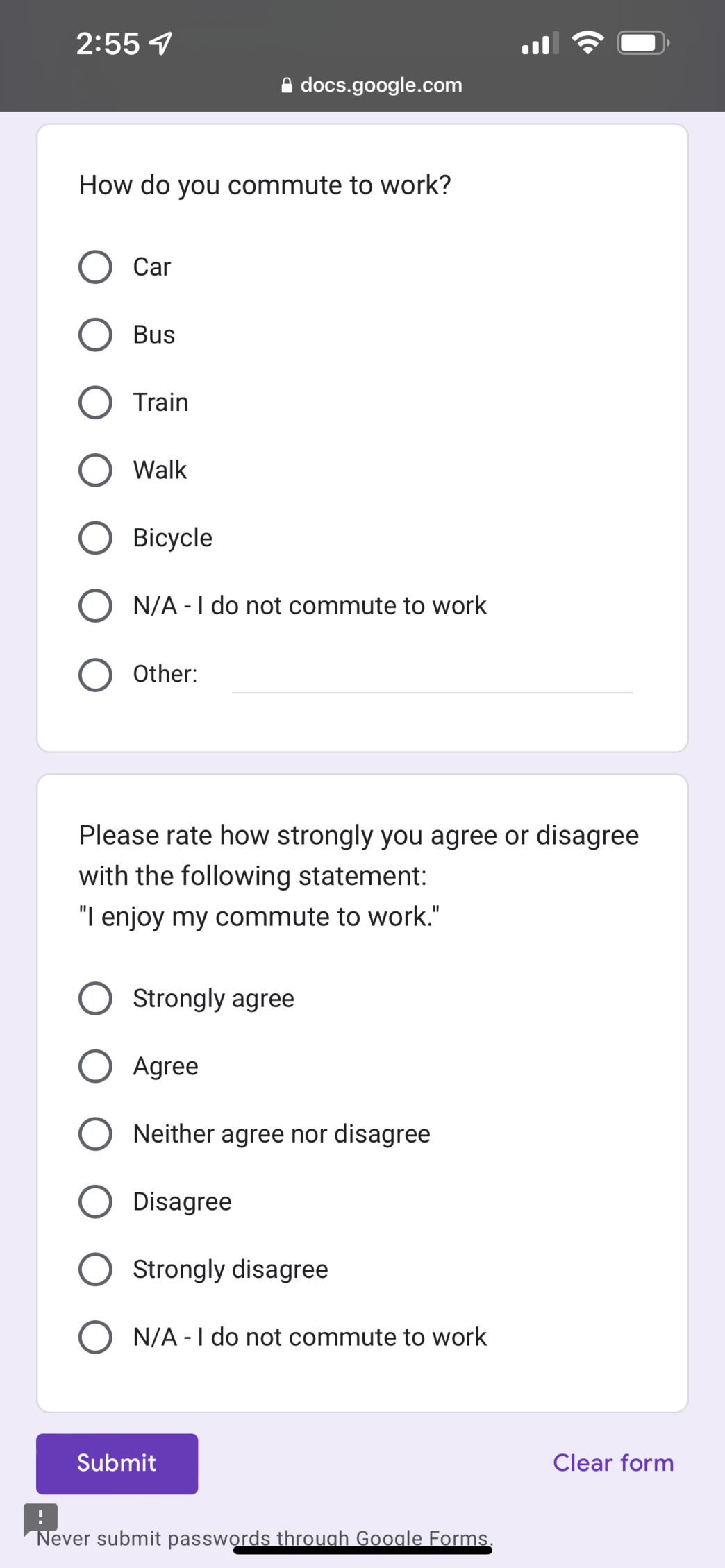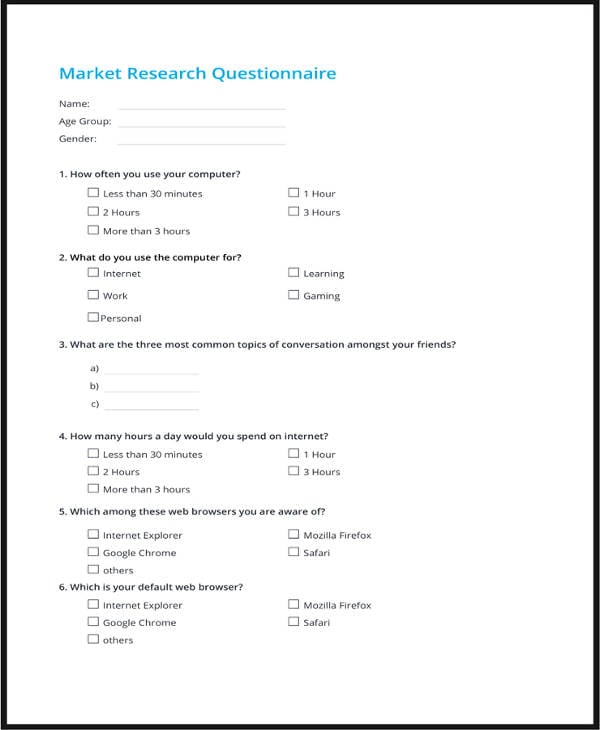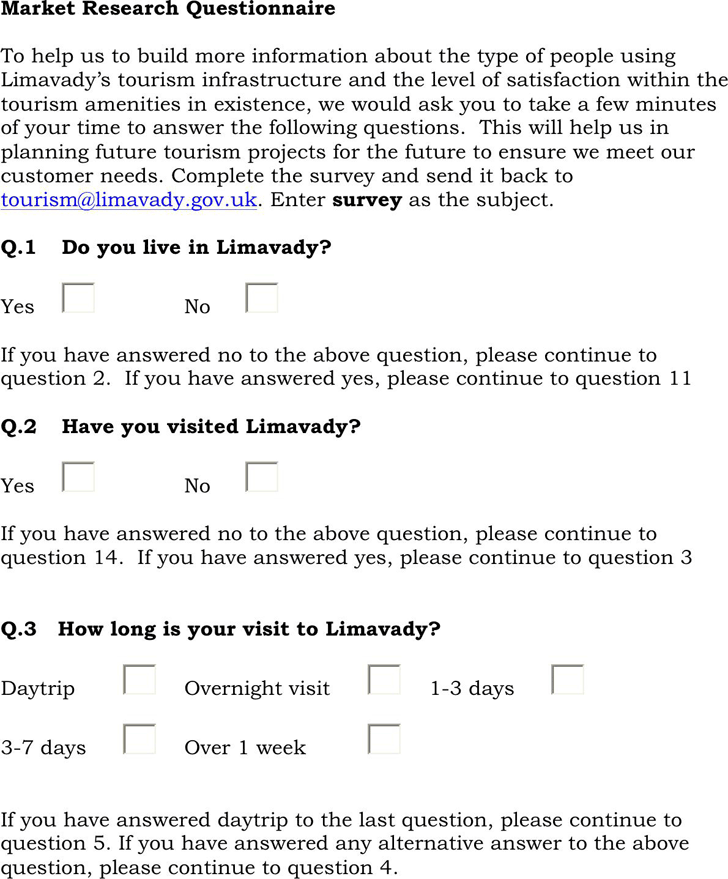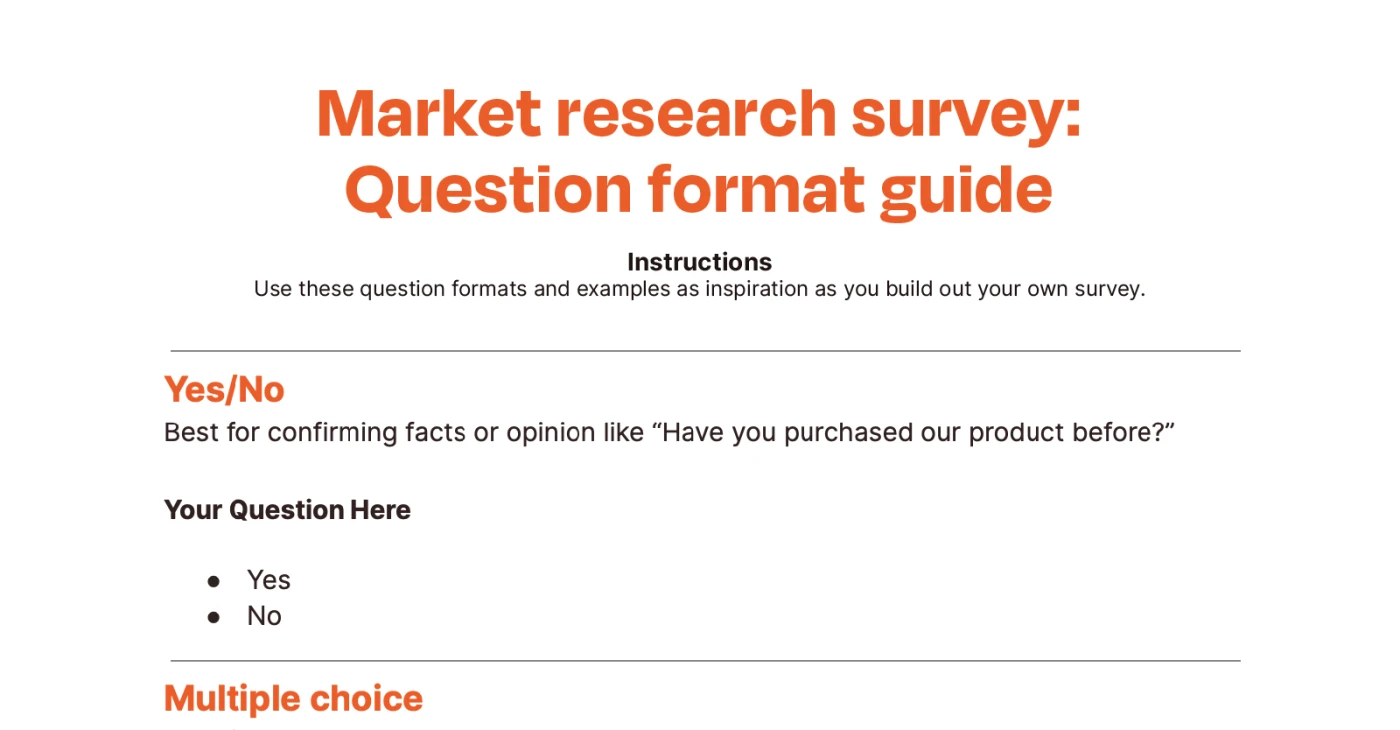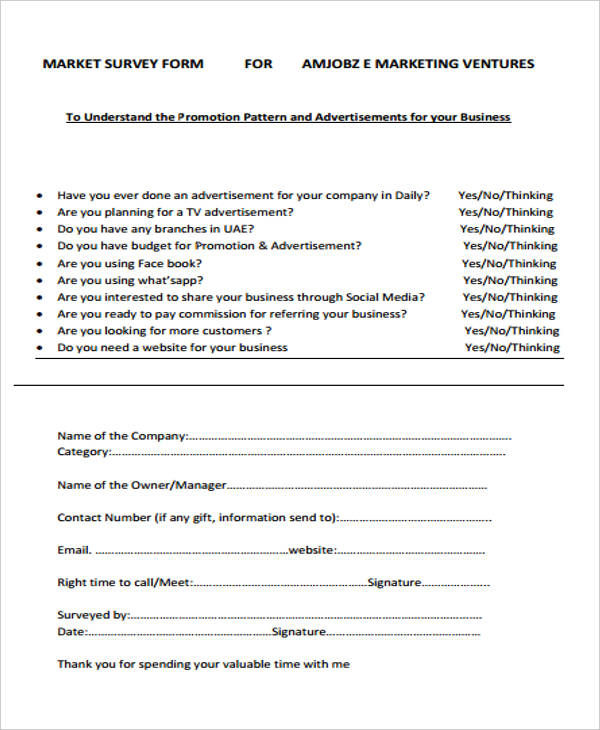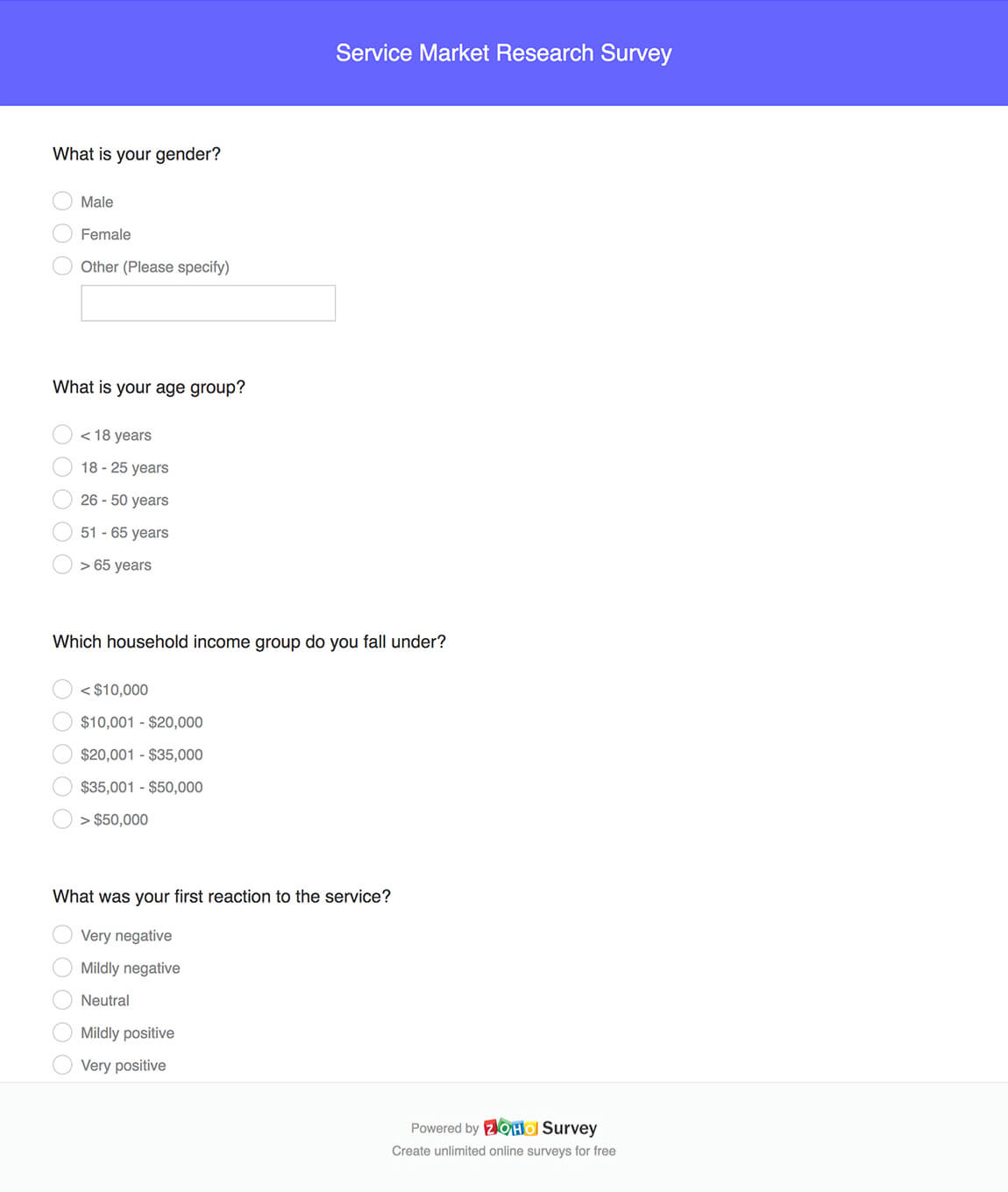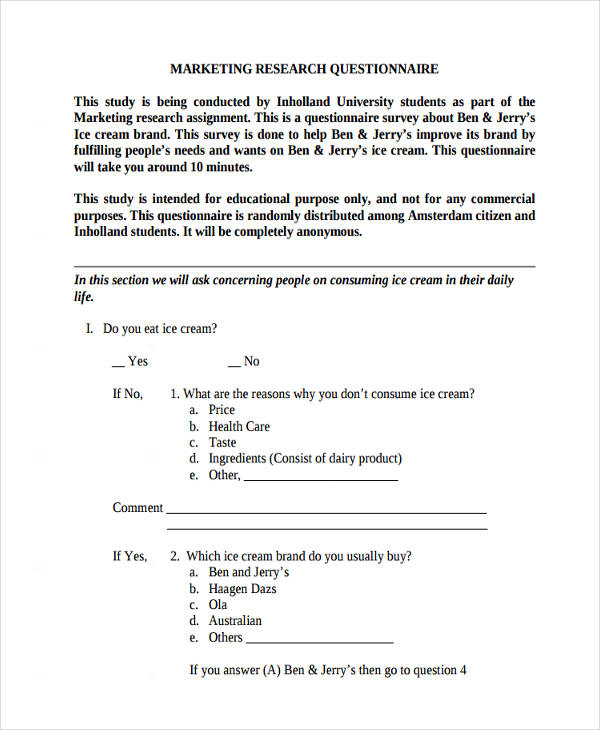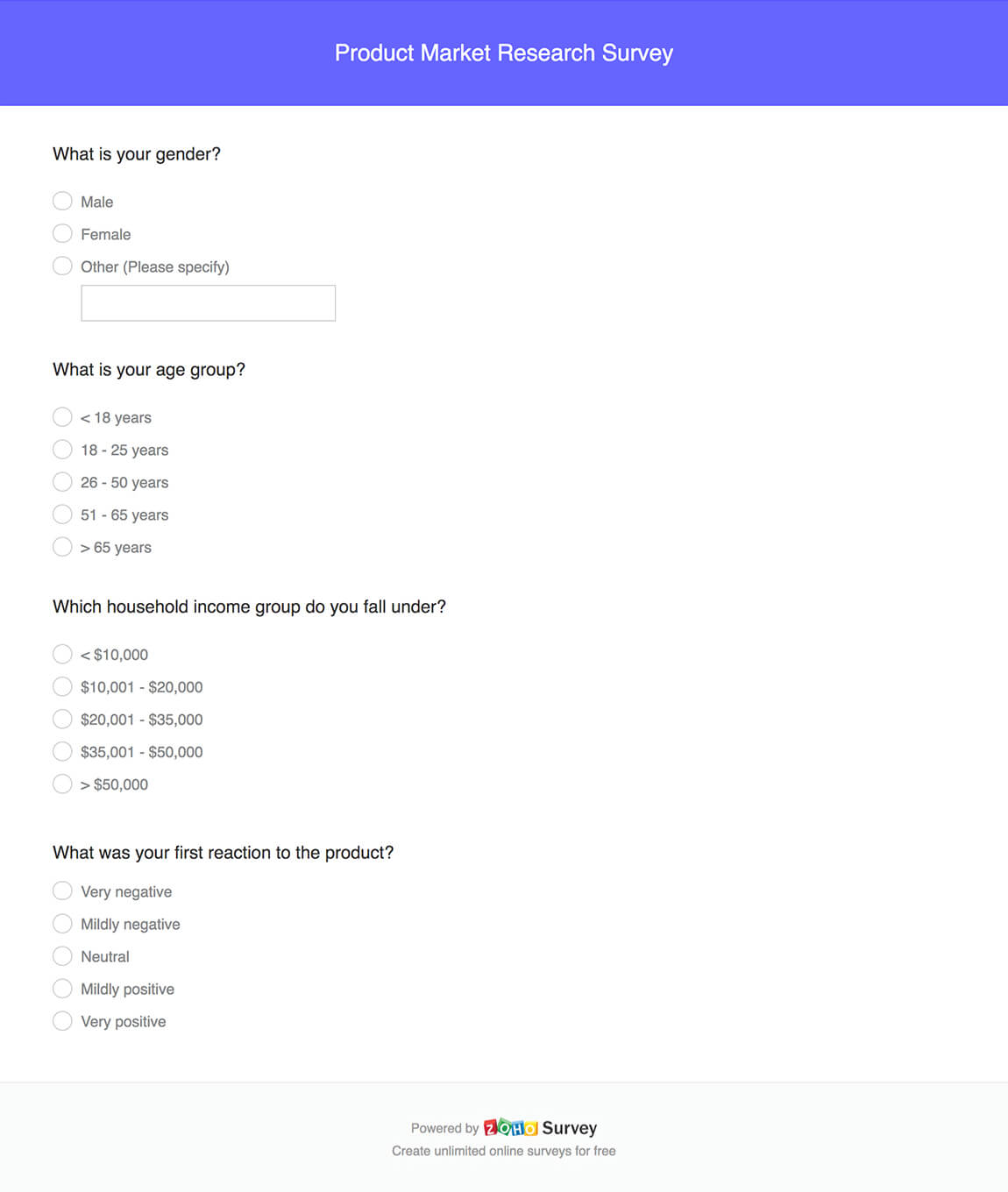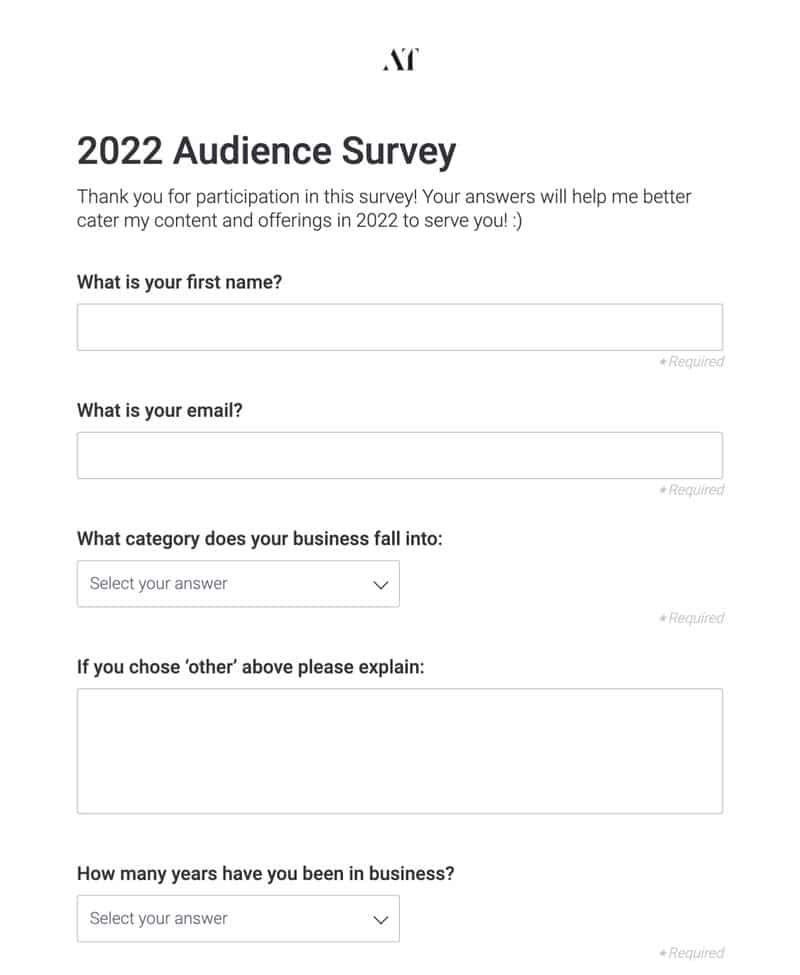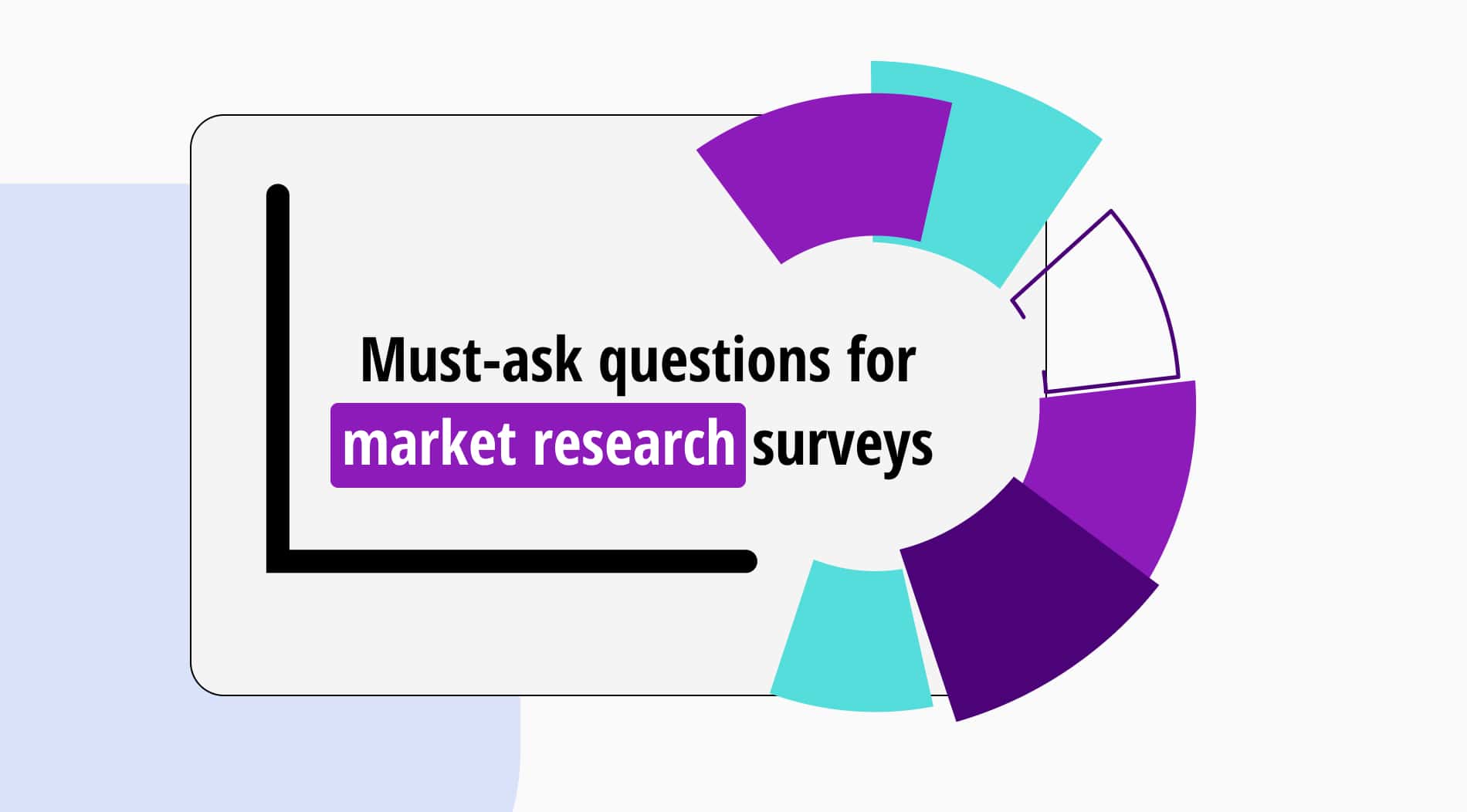Questions To Ask In A Market Research Survey
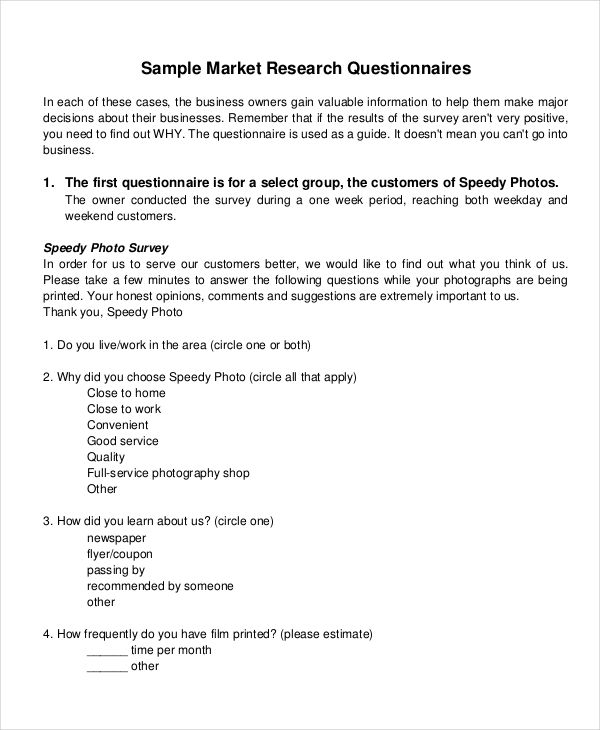
In today's fiercely competitive market, businesses are constantly striving to understand their customers better. The success or failure of a new product launch, a marketing campaign, or even a fundamental business strategy hinges on the accuracy of the information gleaned from market research. At the heart of effective market research lies the humble, yet powerful, survey, and the questions within it can make or break the entire endeavor.
A well-designed market research survey is more than just a list of questions. It's a strategic tool that, when wielded correctly, can unlock invaluable insights into consumer behavior, preferences, and needs. This article delves into the critical questions to consider when crafting a market research survey, highlighting the importance of clarity, objectivity, and strategic targeting to ensure the results are reliable and actionable.
Demographic & Background Questions
Before diving into the specifics of your product or service, it's crucial to establish a clear understanding of your respondents. Demographic questions provide the foundation for segmenting your audience and identifying key trends.
Consider including questions about age, gender, location, income, education level, and occupation. These details paint a picture of your target market and allow you to analyze responses based on different demographic groups.
Brand Awareness & Perception
How familiar are consumers with your brand, and what do they think about it? Assessing brand awareness and perception is vital for gauging your market position and identifying areas for improvement.
Ask questions like: "Have you heard of [Your Brand Name] before?" or "On a scale of 1 to 5, how familiar are you with [Your Brand Name]?". Probe further with open-ended questions such as "What comes to mind when you think of [Your Brand Name]?".
According to a 2023 report by Nielsen, brands with high brand awareness tend to have a greater market share and customer loyalty.
Customer Needs & Preferences
The cornerstone of any successful business is understanding and meeting the needs of its customers. Market research surveys are an excellent way to gather direct feedback on what customers want, what they value, and what problems they are trying to solve.
Ask questions about the features they look for in a product or service, the price they are willing to pay, and the channels they prefer for communication. For instance, "What are the most important factors you consider when purchasing [Product Category]?" or "How likely are you to purchase a product with [Specific Feature]?".
Purchase Behavior & Habits
Gaining insights into customer purchase behavior can reveal valuable information about their decision-making process. Understand how often they purchase specific products or services, where they typically make their purchases, and what influences their buying decisions.
Incorporate questions such as: "How often do you purchase [Product Category]?" and "Where do you typically buy [Product Category]?" to develop a clear picture of customer buying habits.
Understanding these patterns, businesses can then optimize their marketing and sales strategies to reach customers more effectively.
Competitive Analysis
It's crucial to understand how your brand stacks up against the competition. Include questions that help you assess customer perceptions of competing brands and identify areas where you have a competitive advantage or disadvantage.
Ask questions like: "Which other brands in [Industry] are you familiar with?" or "Compared to [Competitor Brand], how would you rate [Your Brand] on [Specific Attribute]?".
According to data from Statista, consumers often compare multiple brands before making a purchase decision, making competitor analysis essential for informed strategic planning.
Satisfaction & Loyalty
Measuring customer satisfaction is essential for understanding whether your product or service is meeting expectations. Furthermore, gauging customer loyalty can help predict future revenue and identify potential brand advocates.
Employ questions like: "How satisfied are you with [Product/Service]?" and "How likely are you to recommend [Product/Service] to a friend or colleague?". Consider using a Net Promoter Score (NPS) question to measure customer loyalty on a scale of 0 to 10.
Open-Ended Questions
While closed-ended questions provide quantitative data that's easy to analyze, open-ended questions allow respondents to express their thoughts and feelings in their own words. This can unearth unexpected insights and provide valuable context to your quantitative data.
Consider including questions like: "What could [Your Brand] do to improve your experience?" or "What are your biggest challenges when it comes to [Related Problem]?".
"The quality of the insights you get is directly proportional to the quality of the questions you ask." - Dr. Maria Rodriguez, Market Research Expert.
Crafting effective market research surveys is an ongoing process of refinement and adaptation. By carefully considering the demographic, brand, preference, behavior, competitive, and satisfaction aspects, businesses can create surveys that yield valuable insights. These insights, in turn, pave the way for informed decision-making, improved customer experiences, and ultimately, business success. As market dynamics continue to evolve, businesses must remain vigilant in their pursuit of customer understanding, ensuring their research strategies are as agile and insightful as possible.
